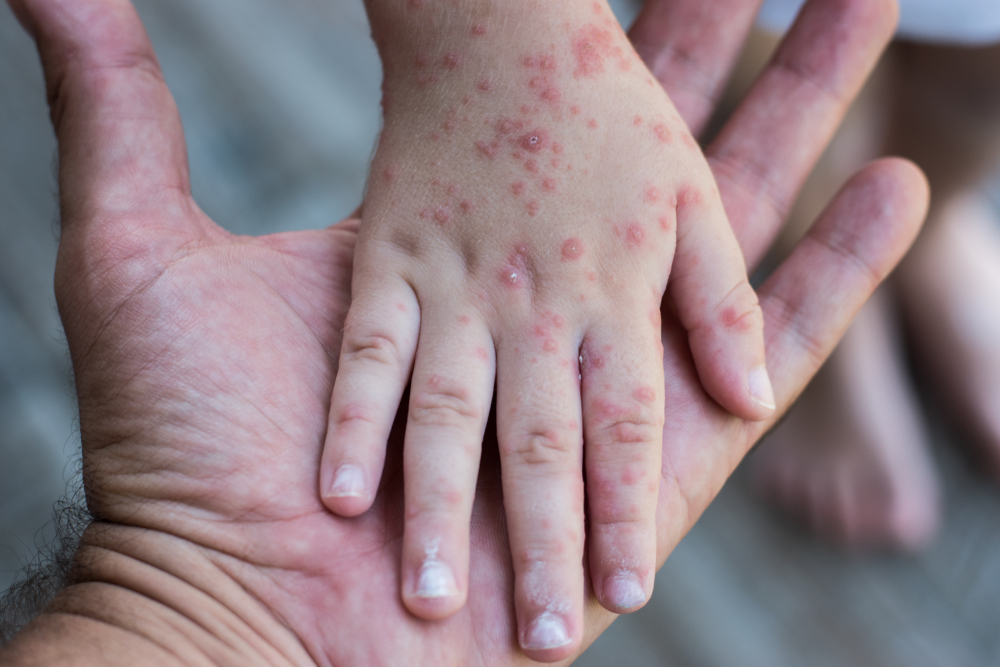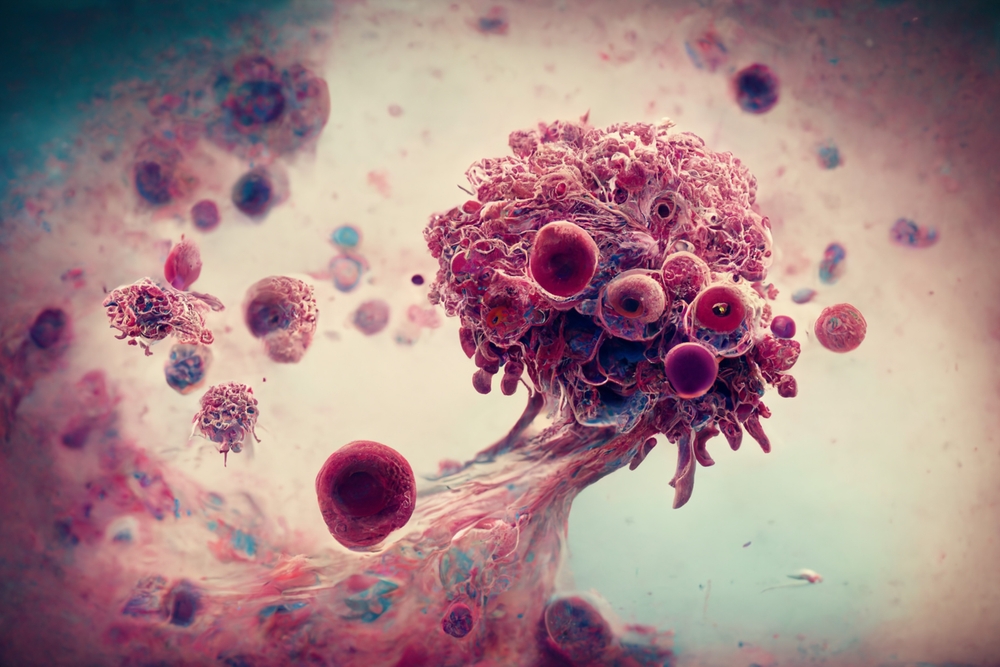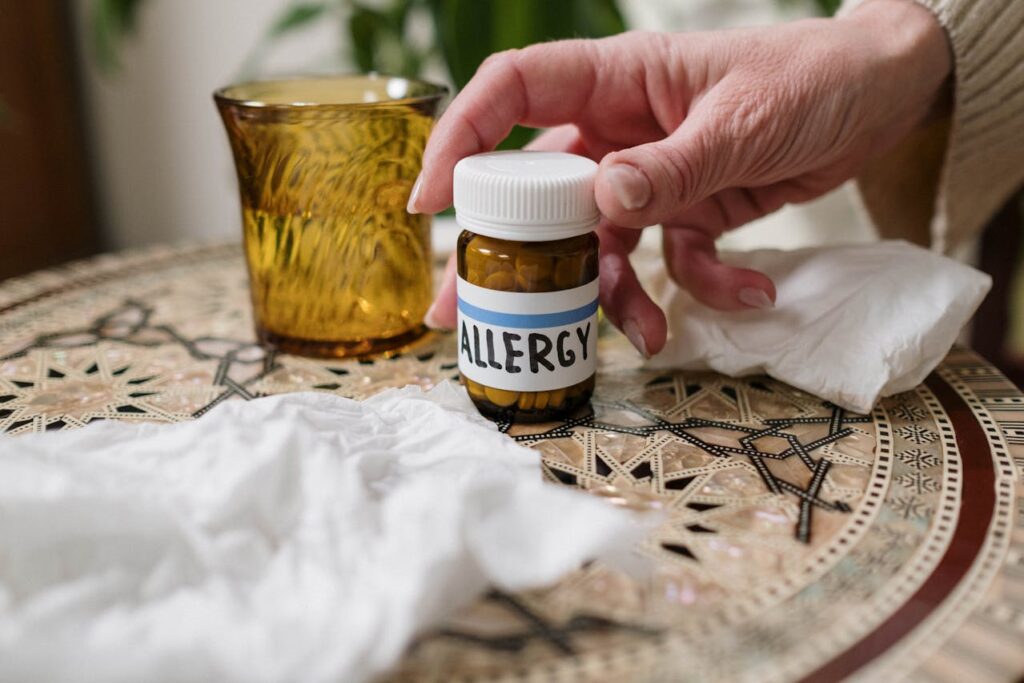I’m a vegan against my will after developing an overnight allergy that’s increasing across the US

There are moments in life when the ground shifts beneath us, and suddenly the things we once relied on without question no longer feel safe. For some people, that shift comes in the form of a strange and growing condition known as alpha-gal syndrome. One day, they can enjoy a cheeseburger or a glass of milk without a second thought. The next, their body rebels—hives spread across their skin, their breathing becomes labored, their immune system treating familiar foods like dangerous invaders.
This allergy does not come from birth or genetics. It comes from a bite. A single encounter with the lone star tick can alter the body in a way that permanently changes what someone can eat and how they live. The Centers for Disease Control and Prevention estimates more than 100,000 suspected cases have been identified in the United States in the last decade, with many more likely undiagnosed. As the lone star tick expands its territory north and west, new regions are experiencing the ripple effects of a condition most had never heard of until it arrived at their doorstep.
But alpha-gal syndrome is more than a medical story. It is a human one. It forces us to confront how quickly life can change and how deeply our identity is tied to the things we consume and the traditions we keep. And, like all unexpected challenges, it invites us to reflect on what it means to adapt, to lose, and ultimately to grow.

When the Familiar Becomes Foreign
Daisy Holstine, a mother from Arkansas, never thought that eating steak could one day be a threat to her health. Yet almost overnight, her body began rejecting the foods she loved most. At first, she dismissed the red blotches on her skin as something temporary, maybe a reaction to alcohol. But the symptoms grew worse. Her eyes swelled shut in the mornings. Hives covered her scalp, hands, and feet. Doctors cycled her through antihistamines, steroids, and even immune-suppressing drugs usually reserved for cancer or autoimmune disease. Nothing worked.
Months later, she finally learned the truth: she had alpha-gal syndrome. The diagnosis felt like a cruel sentence. Holstine described herself as someone who had always loved red meat, who saw a steak dinner as the reward at the end of a long week. Now, she had no choice but to cut it all out—not as a lifestyle choice, not as a moral stand, but as a medical necessity. In her part of the country, where barbecue and casseroles are central to social life, the shift made her feel like an outsider in her own culture. Even toothpaste, laundry detergent, and cosmetics had to be scrutinized for animal-derived ingredients. What had once been automatic became a constant calculation.
Her story is not unique. Thousands of people across the country share the same bewildering experience: waking up in a body that no longer tolerates what once brought comfort. And behind the frustration is a deeper grief. Food is not just fuel. It is family dinners, celebrations, and cultural traditions. To lose that connection overnight is to lose a piece of self. But as heavy as that grief can feel, it is also the beginning of something else—a reminder of how adaptable humans can be when life gives them no choice but to change.

The Strange Science of Alpha-Gal
At the heart of AGS lies a tiny sugar molecule called galactose-alpha-1,3-galactose—alpha-gal for short. It lives in most mammals, but not in humans. When a lone star tick bites, its saliva can introduce alpha-gal into the bloodstream. The immune system, always on guard for threats, reacts by creating antibodies. From that point on, whenever the person consumes meat or dairy from mammals, the immune system sees alpha-gal as the enemy and unleashes a reaction. Hives, swelling, stomach distress, even life-threatening anaphylaxis—all are possible outcomes.
What makes AGS especially unusual is its delay. Unlike peanut or shellfish allergies, which typically cause an immediate reaction, alpha-gal symptoms often take three to six hours to appear. Someone can eat a burger at dinner and wake up in the middle of the night covered in hives, never suspecting the connection. This delay confuses both patients and doctors, leading to misdiagnoses, unnecessary medications, and prolonged suffering before the true cause is discovered.
Geography adds another layer of complexity. The lone star tick, once limited to the Southeast, is spreading north and west, carried by deer populations and supported by warmer winters. Hot spots have appeared in New York, New England, and the Midwest. On Martha’s Vineyard, the surge in cases has been so strong that restaurants began offering “alpha-gal safe” menu options. What was once an obscure allergy is becoming a public health issue, a sign of how tightly human health is woven into the shifting fabric of nature. The bite of a tick in one season can alter a life for decades.

The Weight Beyond the Body
Living with AGS is not just a medical condition; it is a psychological and social challenge. Every meal requires vigilance. Grocery shopping becomes an extended process of scanning ingredient labels. Dining out can feel like a risk. And family gatherings, once sources of comfort, may turn into situations of stress or exclusion. Explaining to loved ones why a beloved recipe can no longer be eaten often leads to confusion or disbelief. The result is a sense of alienation, a quiet distance from the very traditions that once bound someone to their community.
For Holstine, the emotional toll was heavy. The stress of endless hives and failed treatments led her to antidepressants and anti-anxiety medication. Caring for her children while battling constant discomfort stretched her patience thin. She admitted she felt irritable, exhausted, and worn down—not just from the physical symptoms but from the constant weight of the unknown. And yet, she kept going. She experimented with elimination diets. She tried emerging therapies like Soliman Auricular Allergy Treatment, which involves tiny needles placed in the ear to retrain the immune system. She clung to hope that she might one day enjoy a simple burger again.
This emotional journey is common among AGS patients. Some find resilience in discovering new plant-based meals, reframing necessity as opportunity. Others rely on online communities, where shared experiences replace isolation with solidarity. At its core, AGS forces people to rediscover themselves in the face of limits. It is a reminder that identity is not only about what we consume, but how we choose to respond when what we love is taken away.

Adaptation as a Form of Strength
There is no cure for AGS yet. For now, the path forward is adaptation—avoiding triggers, carrying emergency medications, and practicing vigilance in every area of life. But adaptation, though born of necessity, is not weakness. It is strength. It is the human capacity to bend without breaking, to adjust to a new reality without giving up on living fully.
For some, that means reimagining food. Plant-based diets, once fringe, are now supported by countless resources, recipes, and products that make the transition less daunting. For others, it means embracing community—educating loved ones, sharing knowledge, and finding ways to remain connected despite new boundaries. And for all, it means practicing resilience: accepting what cannot be changed while remaining open to the possibilities of future treatments and discoveries.
What makes AGS especially poignant is that it reflects a larger truth: life will always bring us unexpected changes. Sometimes those changes come as a diagnosis, sometimes as a loss, sometimes as a sudden shift in circumstance. In those moments, we face the same question that AGS patients confront every day—will we cling to what we’ve lost, or will we find the courage to adapt to what is here?
The Bigger Lesson: Our Response Shapes Us
Alpha-gal syndrome is, on the surface, a medical condition caused by the bite of a tick. But on a deeper level, it is a story about what it means to be human. It reminds us that control is often an illusion. A single moment in nature can rewrite the script of our lives. Yet it also reminds us of our capacity to adapt, to reframe struggle as opportunity, and to build meaning in the midst of change.
Not everyone will face AGS, but everyone will face moments when the familiar becomes foreign, when life demands a new way of living. How we respond in those moments defines not only our health but our character. Daisy Holstine’s longing for a simple Whopper captures the ache of loss, but her determination to keep moving forward reflects something greater: resilience.
So let this story be more than a medical lesson. Let it be a reminder. Life will change, often in ways we cannot predict or control. But we are not powerless. We can choose to adapt, to learn, and to grow. We can choose to let loss refine us instead of define us. And in that choice, we find strength—not just to survive, but to truly live.
Loading...

